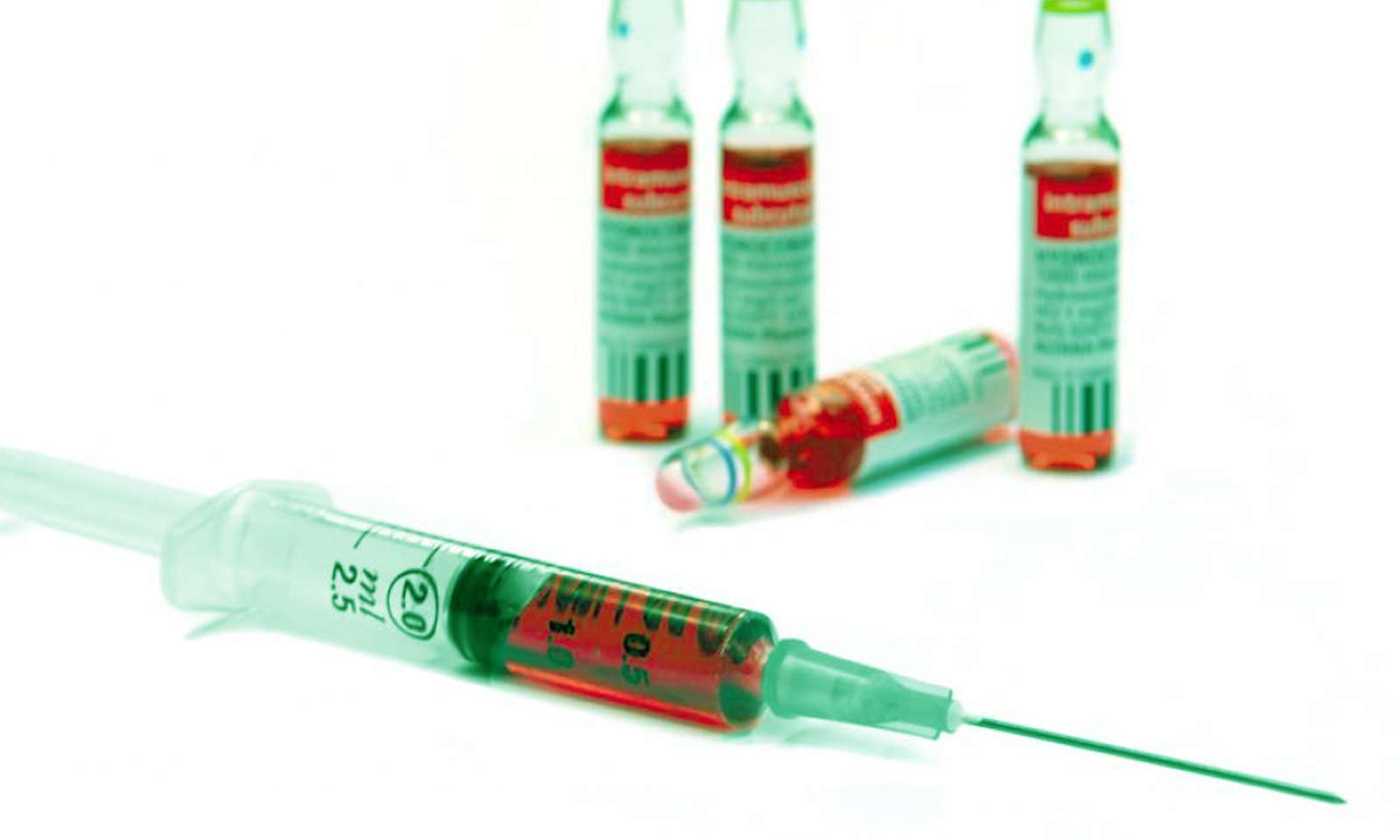Why Is Vitamin B12 Important for the Body?
Vitamin B12, also known as cobalamin, is an essential vitamin that your body needs but cannot produce. It’s found naturally in animal products, but also added to certain foods and available as an oral supplement or injection.
Vitamin B12 has many roles in your body. It supports the normal function of your nerve cells and is needed for red blood cell formation and DNA synthesis. For most adults, the recommended daily intake (RDI) is 2.4 mcg, though it’s higher for women who are pregnant or breastfeeding. Vitamin B12 may benefit your body in impressive ways, such as by boosting your energy, improving your memory and helping prevent heart disease.
We’ve spoken to the experts at Hudson Integrative Healthcare, who have described the following reasons why you should make sure you’re getting enough vitamin B12 in your diet:
Helps With Red Blood Cell Formation and Anaemia Prevention
Low vitamin B12 levels have been shown to cause a reduction in red blood cell formation and prevent them from developing properly. Healthy red blood cells are small and round, whereas they become larger and typically oval in cases of vitamin B12 deficiency. Due to this larger and irregular shape, the red blood cells are unable to move from the bone marrow into the bloodstream at an appropriate rate, causing megaloblastic anaemia. When you’re anaemic, your body doesn’t have enough red blood cells to transport oxygen to your vital organs. This can cause symptoms like fatigue and weakness.
May Prevent Major Birth Defects
Studies show that a foetus’s brain and nervous system require sufficient B12 levels from the mother to develop properly. Vitamin B12 deficiency in the beginning stages of pregnancy may increase the risk of birth defects, such as neural tube defects. Furthermore, maternal vitamin B12 deficiency may contribute to premature birth or miscarriage.
May Support Bone Health and Prevent Osteoporosis
A study involving more than 2,500 adults showed that people with a vitamin B12 deficiency also had lower than normal bone mineral density. Bones with decreased mineral density can become delicate and fragile over time, leading to an increased risk of osteoporosis. Other studies have also shown a link between low vitamin B12 levels and poor bone health and osteoporosis, especially in women.
May Reduce Your Risk of Macular Degeneration
Macular degeneration is an eye disease that mainly affects your central vision. Maintaining adequate levels of vitamin B12 may help prevent the risk of age-related macular degeneration. Researchers believe that supplementing with vitamin B12 may lower homocysteine, a type of amino acid that is found in your bloodstream that has been associated with an increased risk of age-related macular degeneration at high levels.
May Improve Mood and Symptoms of Depression
The effect of vitamin B12 on mood is not yet fully understood. However, this vitamin plays a vital role in synthesizing and metabolizing serotonin, a chemical responsible for regulating mood. Therefore, vitamin B12 deficiency may lead to decreased serotonin production, which may cause a depressed mood.
Studies support the use of vitamin B12 supplements for improving symptoms of depression in people deficient in this vitamin. One study in people with depression and low vitamin B12 levels found that those who received both antidepressants and vitamin B12 were more likely to show improved depressive symptoms, compared to those treated with antidepressants alone. Another study discovered that vitamin B12 deficiency was associated with twice the risk of severe depression.
Additionally, high vitamin B12 levels have been linked to better treatment outcomes and an increased probability of recovery from major depressive disorder. Though vitamin B12 supplements may help improve mood and depression in people with a deficiency, research does not currently suggest that they have the same effect in those with normal B12 levels.
In conclusion, getting enough vitamin B12 through your diet is crucial. However, if you struggle to obtain enough (for example if you are vegetarian or vegan) or have a condition that affects absorption, supplements or injections are a simple way to increase your vitamin B12 intake.
Do you have any views you’d like to share about this article? Feel free to drop a comment below!




